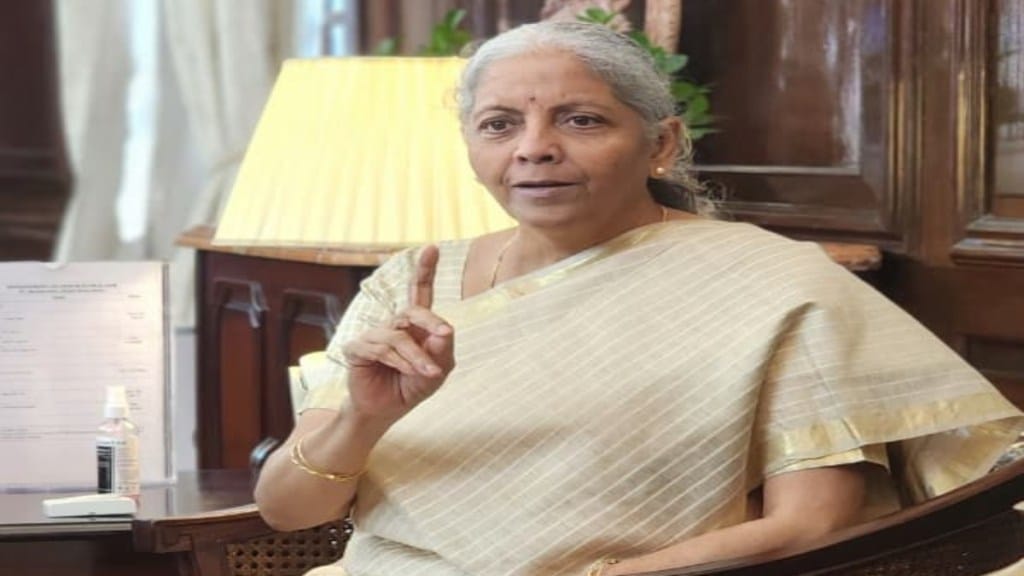Finance Minister Nirmala Sitharaman has dismissed West Bengal’s long-standing claim that states have been denied compensation for revenue losses under the Goods and Services Tax (GST).
While states argued that the new GST reforms would increase their financial burden, the finance minister countered that without such measures, the cost would ultimately fall on consumers.
Amit Mitra, Principal Chief Adviser to Chief Minister Mamata Banerjee, recently alleged that the voices of eleven states seeking compensation were being muffled in the GST Council. He argued that states grappling with revenue shortfalls frequently look to the Centre for support to meet their spending obligations.
He warned the new GST reforms could seriously weaken states’ finances, affecting spending on health, education and women’s welfare.
In a post on X, he shared a television interview where he argued that without full protection of states’ revenues, “it violates federalism,” adding that the impact could be “far greater than officially acknowledged.”
Mitra also criticised the absence of the anti-profiteering authority, set up to ensure tax reductions are passed on to consumers. He cautioned that its removal raises doubts over whether ordinary people will benefit.
What Sitharaman said?
Responding to these concerns in a recent interview with Financial Express, Sitharaman firmly rejected the suggestion that dissenting voices had been suppressed. “They spoke for three rounds on it in the GST Council last Wednesday. I was willing to sit for the whole of the next day too. The members then decided to finish the agenda on Wednesday itself, despite the original two-day schedule. It wasn’t my call. So, who’s muffling whose voice?” she remarked.
She underlined that discussions had been open and extensive, and that the decision to end deliberations earlier than planned was taken collectively by Council members, not dictated by her office.
Cess debate
On the question of extending the compensation cess, Sitharaman made clear that doing so was legally untenable. “We are sure the compensation cess can’t continue, and this has been explained to all in the Council very clearly. In fact, legally, we cannot extend the cess,” she stated.
The cess, levied over and above the 28 per cent GST on luxury and demerit goods, was conceived as a temporary measure to guarantee states’ revenue for the first five years after GST’s rollout. According to Sitharaman, continuing such an arrangement would only impose additional burdens on consumers. “You have taxed people more to get states their protected revenue. Is that a sustainable approach, and can it be in sync with a package meant for an across-the-board tax relief?” she asked.
Emphasising her wider economic plan, the Finance Minister said her priority was to put money into people’s hands, stimulating demand and thereby generating higher tax collections.
She recalled earlier criticisms of GST. “You have leaders who used to say it’s a ‘Gabbar Singh Tax’, but now the very same people want the GST Council to do a ‘Gabbar act’ now, because states want more money!” she added.

